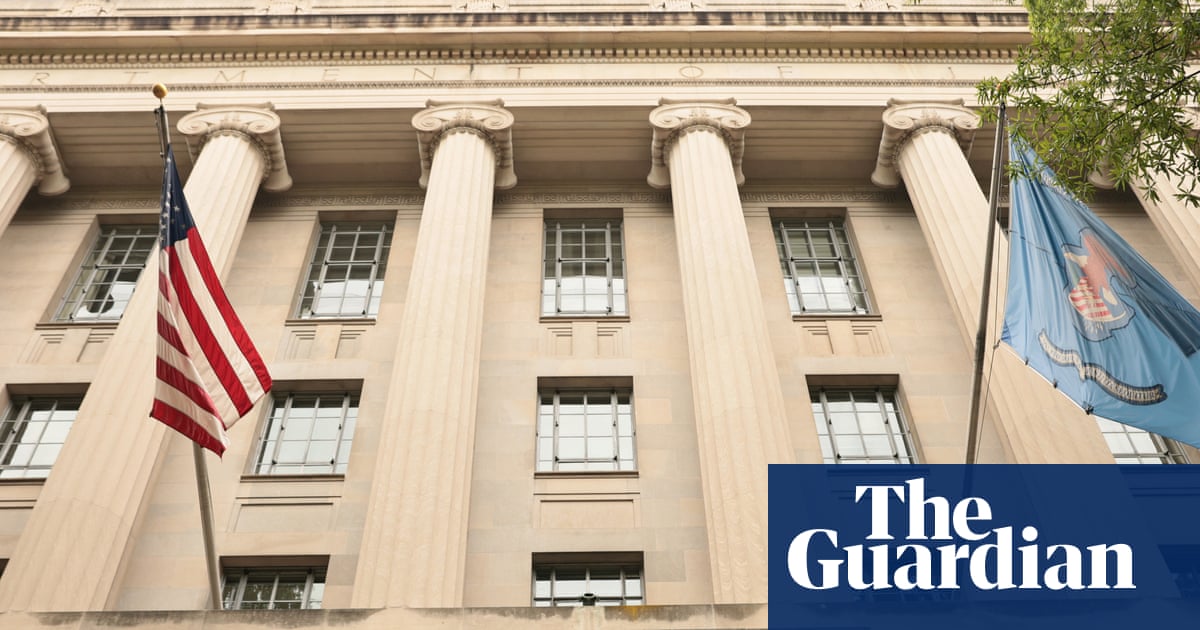T4K3.news
Judge blocks release of Epstein grand jury transcripts
A federal judge in Florida denies the request to unseal grand jury transcripts related to Epstein's case.
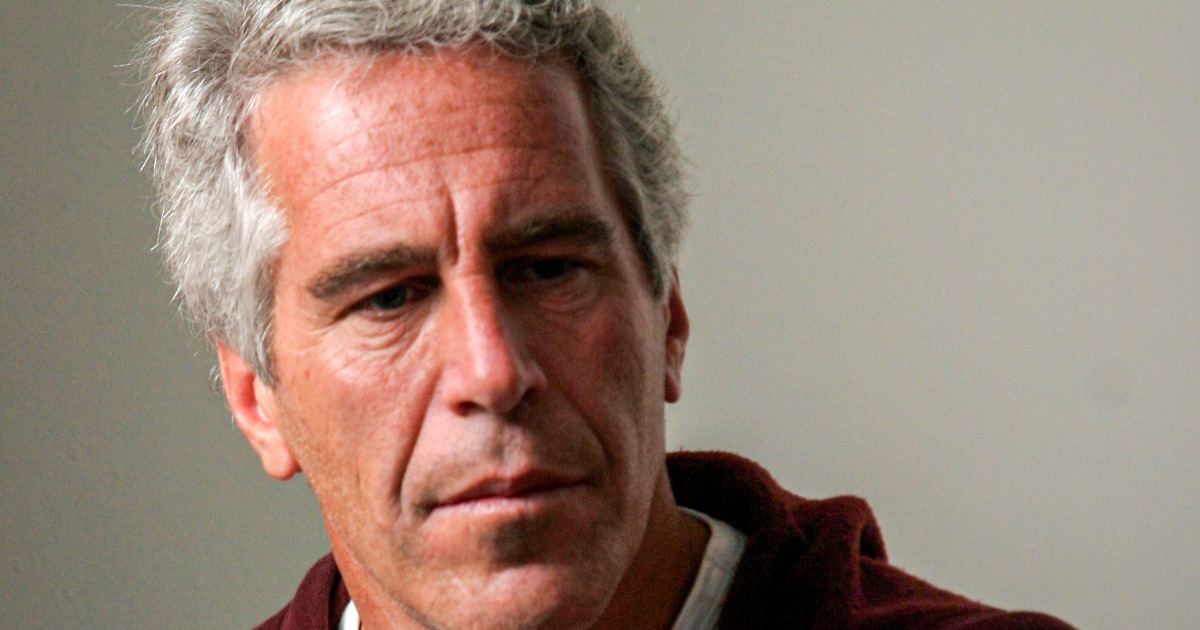
A federal judge in Florida stated that grand jury transcripts related to Epstein cannot be unsealed.
Federal judge denies request to release Epstein grand jury transcripts
A federal judge in Florida ruled that grand jury transcripts from investigations into Jeffrey Epstein cannot be released. U.S. District Judge Robin Rosenberg emphasized that binding precedent prevents the unsealing of these materials, despite the Justice Department's request. This ruling pertains to grand jury proceedings from 2005 and 2007 regarding Epstein, who died in 2019 while awaiting trial. The judge noted that precedents set by appellate courts limit her authority to act in this case. This ruling stands separate from ongoing grand jury proceedings in New York, where different judges are considering similar requests.
Key Takeaways
"The Court's hands are tied because of a binding precedent."
The ruling emphasizes the judge's limitations due to legal rules on grand jury secrecy.
"The government essentially conceded that the Court's hands are tied."
This sentence highlights the government's acknowledgement of legal constraints in this case.
The ruling underscores ongoing tensions between legal precedent and public demand for transparency in high-profile cases. The Epstein investigation has long been clouded by accusations of negligence and institutional failure. Renewed interest from the Justice Department may reflect both public pressure and a desire to address past injustices. As the landscape evolves, outcomes may hinge on differing legal standards across jurisdictions, especially between Florida and New York. The case could also fuel further scrutiny on Epstein's network of influential connections that included political leaders.
Highlights
- Transparency is crucial for justice, yet the law limits access.
- Public interest clashes with legal precedent in Epstein's case.
- The Epstein saga challenges our views on grand jury secrecy.
- Ongoing scrutiny reveals how justice systems handle the powerful.
Legal restrictions on transparency raise concerns
The ruling reflects ongoing tensions between legal secrecy and public demand for transparency, especially concerning high-profile cases like Epstein's. Court precedents may limit the release of key documents, impacting victims and public trust.
As the legal journey unfolds, the implications for countless victims remain paramount.
Enjoyed this? Let your friends know!
Related News

Request to unseal Epstein grand jury transcripts raises skepticism

Justice Department faces scrutiny over Epstein case files

Trump administration increases immigration enforcement in sanctuary cities
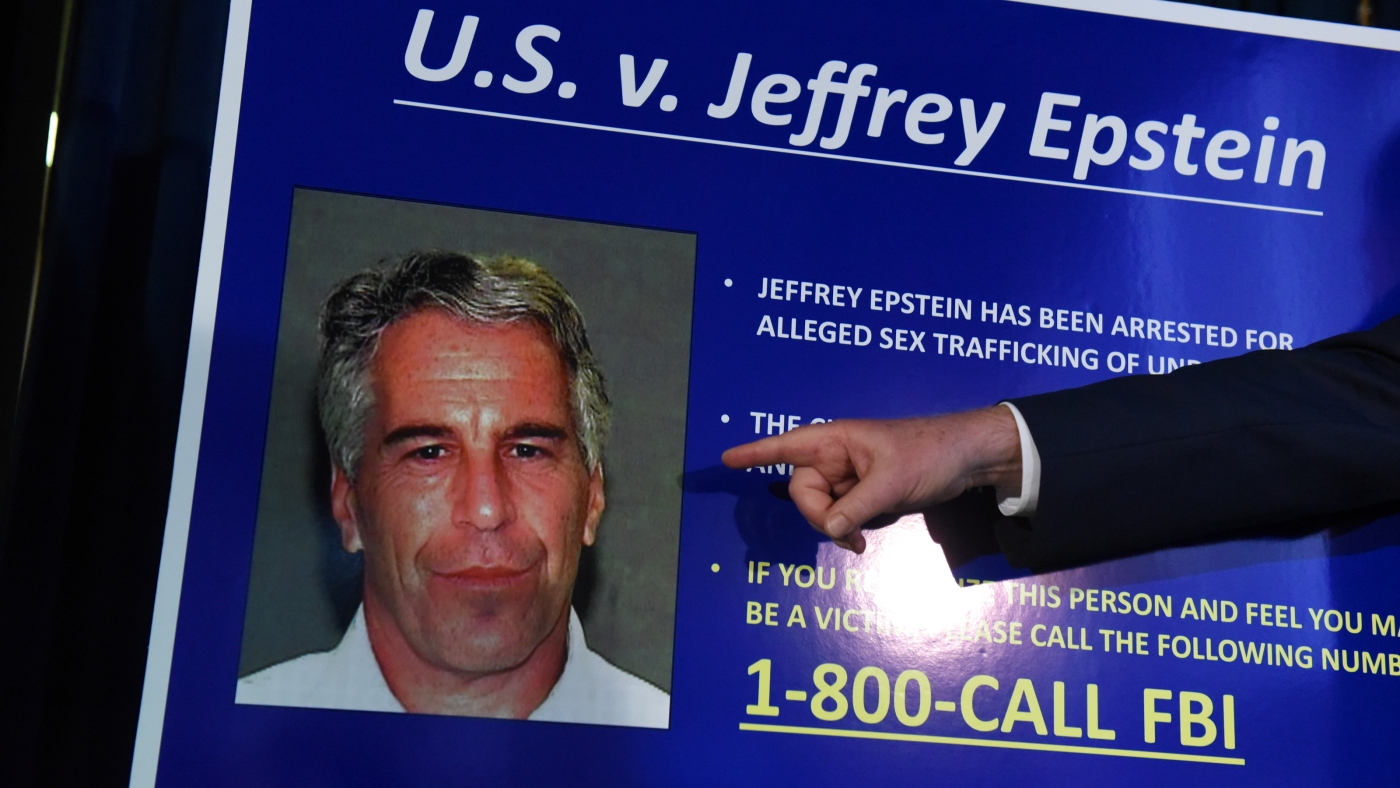
Judge denies request to unseal Epstein transcripts
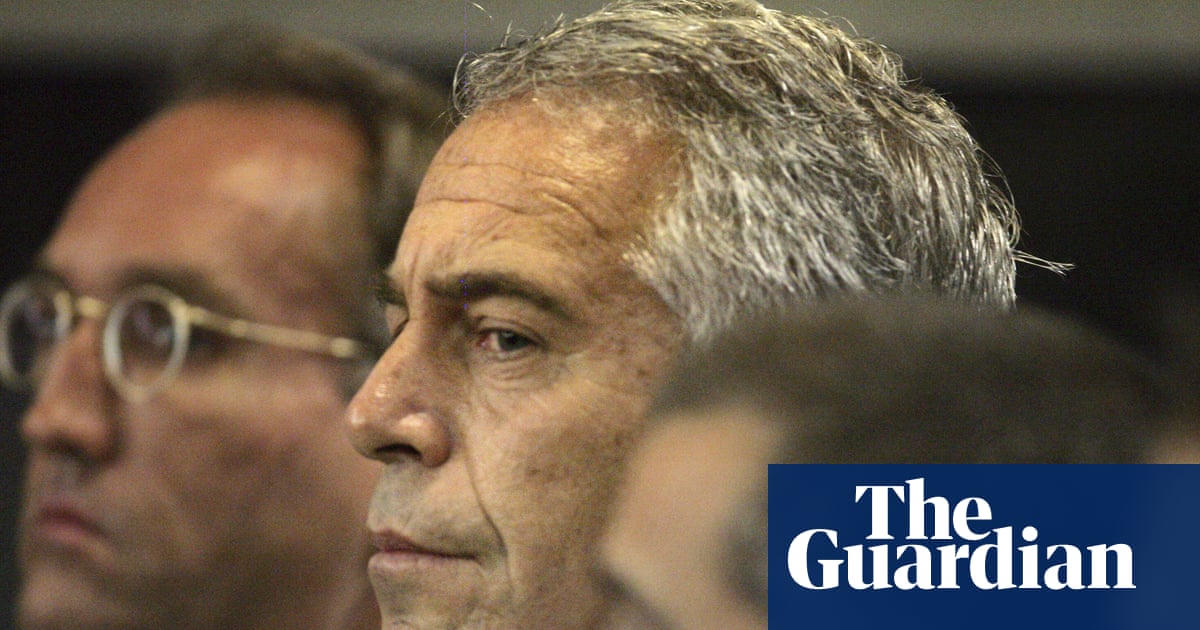
Judge rules against unsealing Epstein grand jury transcripts
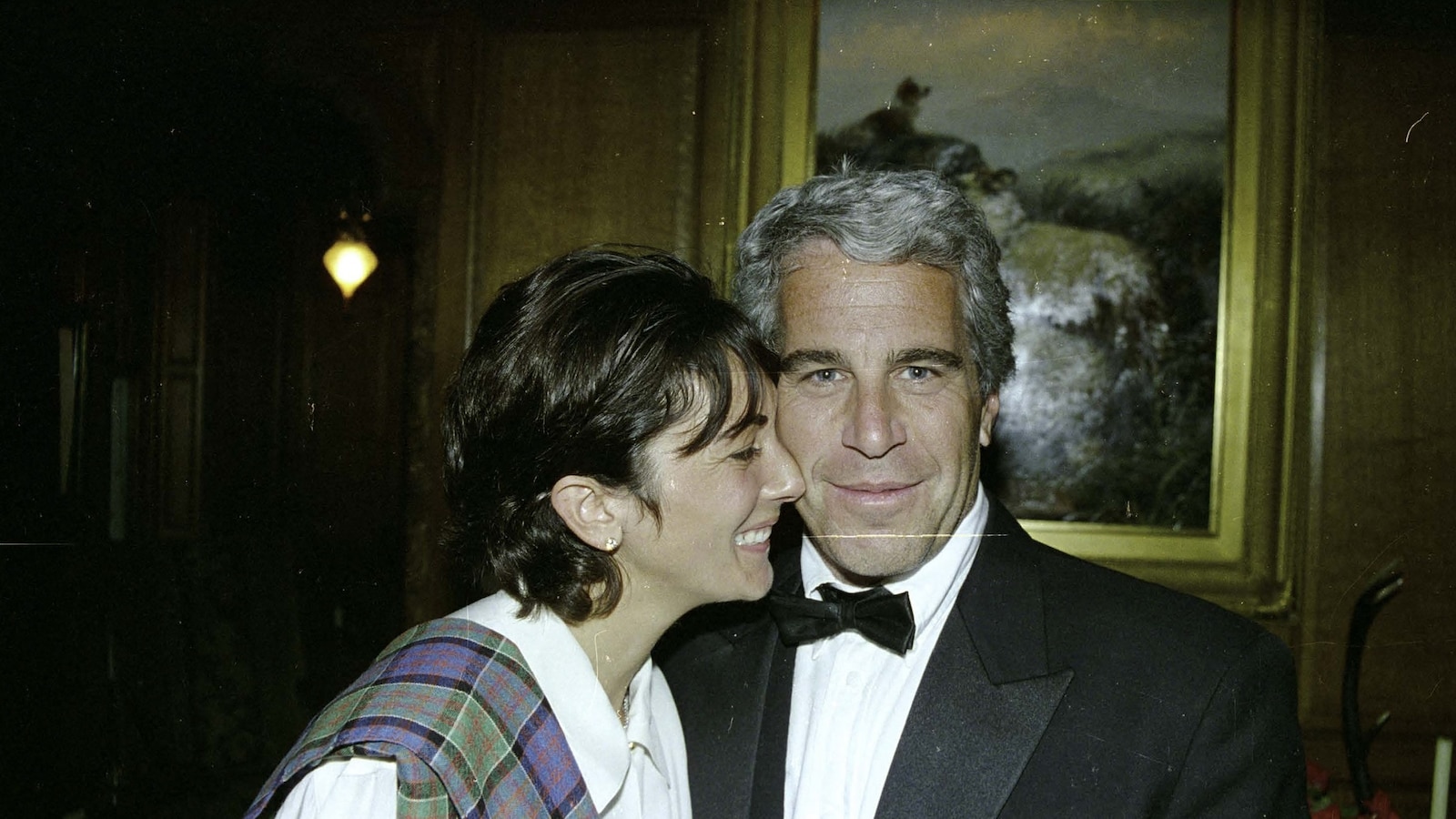
Judge in Epstein case demands more details from DOJ
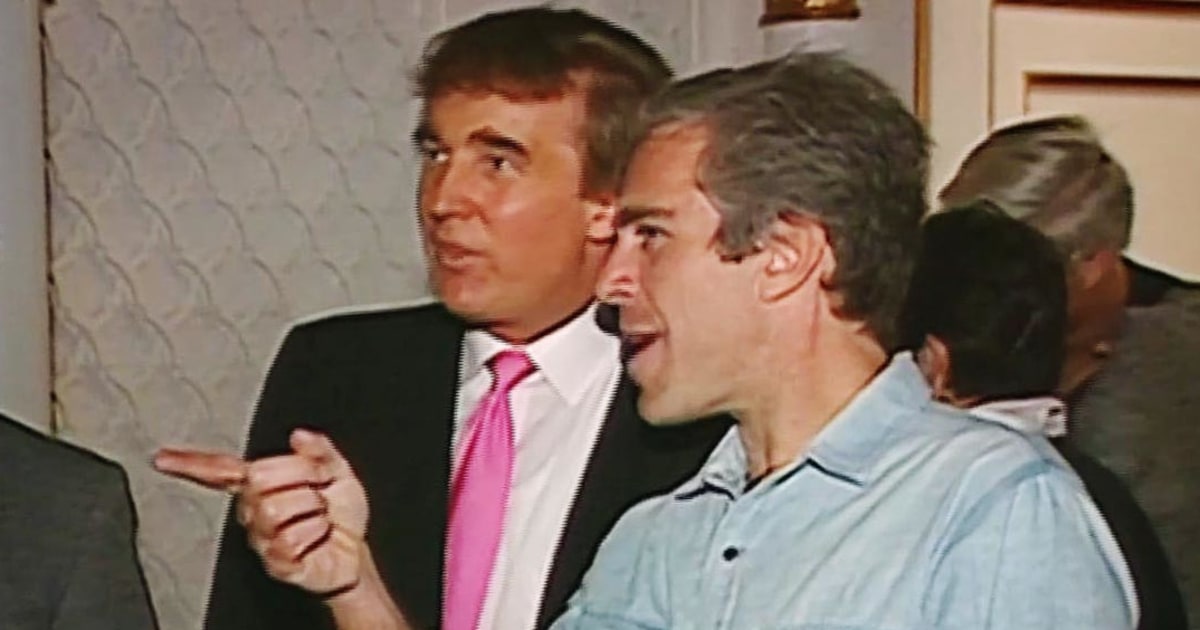
Trump orders release of Epstein grand jury testimony

Legal challenges may reveal Epstein documents
